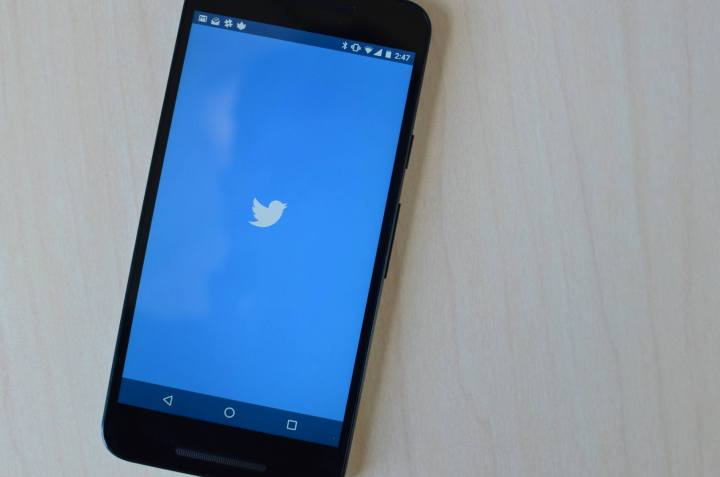
The move comes after the ACLU informed the company that Dataminr (a firm that creates Twitter surveillance tools that can visualize and track trends on the platform) was providing its services to the federally funded hubs.
As a result, Dataminr was forced to comply with Twitter’s existing policies prohibiting the use of its data for surveillance. However, it comes as a bit of a surprise that Twitter wasn’t aware of Dataminr’s activities, considering it partly owns the company.
Nonetheless, in a letter to the ACLU, it has now made it clear that Dataminr has terminated access for all fusion center accounts. Additionally, Twitter promises that Dataminr will no longer provide social media surveillance tools to any local, state, or federal government customer.
There are currently 77 fusion centers operating in states across the country. The domestic surveillance hubs participate in information-sharing and analysis as part of a local-state-federal partnership.
The Department of Homeland Security claims fusion centers play a “unique role” in preventing national threats through their data-gathering efforts at the local level. The DHS states the following on its website: “Fusion centers are the primary conduit between frontline personnel, state and local leadership, and the rest of the Homeland Security Enterprise, filling a significant security gap identified by the 9/11 Commission.”
Through a public records request, the ACLU discovered that a Los Angeles area fusion center (JRIC) had access to Dataminr’s Geospatial Analysis Application. The tool allowed the fusion center to search through billions of real-time and historical public tweets. In an email to the LAPD, Dataminr also allegedly highlighted how its products could be used to track protests by drawing from the Twitter “firehose” of public tweets.
In its letter to the ACLU, Twitter claims the only info Dataminr is now permitted to provide to law enforcement and first responders are its breaking news alerts based on public tweets.
“Datatminr’s product does not provide any government customers with their own direct firehose access or features to export data; the ability to search raw historical Tweet archives or to target or profile users; conduct geospatial analysis; or any form of surveillance,” said Dataminr in the letter.
Datamnir’s close relationship with United States law enforcement first came to light in April of this year, when a report by the Intercept claimed the company — along with other developers of social media surveillance tools — had received funds through the CIA’s venture capital firm, In-Q-Tel.
A few months later, in October, Twitter suspended one of those CIA-backed firms’ from accessing its commercial data after the ACLU claimed it was being used by the police to target protesters. In this case, the tool in question was Geofeedia — a social media mapping software that had allegedly been used by law enforcement in Oakland and Baltimore.
In November, Twitter reiterated its commitment to preventing its service being used by developers for surveillance purposes. Twitter allows devs worldwide to access public tweets in real time via its Gnip enterprise data products and its Twitter Public application programming interface (API). The company claimed that devs caught violating its polices could be suspended or have their access to its data products terminated.
Editors' Recommendations
- A new Twitter feature could separate the lurkers from the super-users
- Twitter’s new Privacy Center lets you know what’s happening with your data
- Twitter sorry for mistakenly storing and sharing some users’ location data


